Craving a snack of baby carrots during the week?
According to recent research, this could be a beneficial choice for your health.
Baby Carrots and Beta-Carotene Boost Skin Carotenoids

A new study indicates that munching on baby carrots just three times a week “significantly increased” skin carotenoids in young adults, as reported in a media release dated June 30.
When this nutritious snack was paired with a multivitamin containing the carotenoid beta-carotene, the levels of these phytonutrients saw an even greater boost.
Small Dietary Change
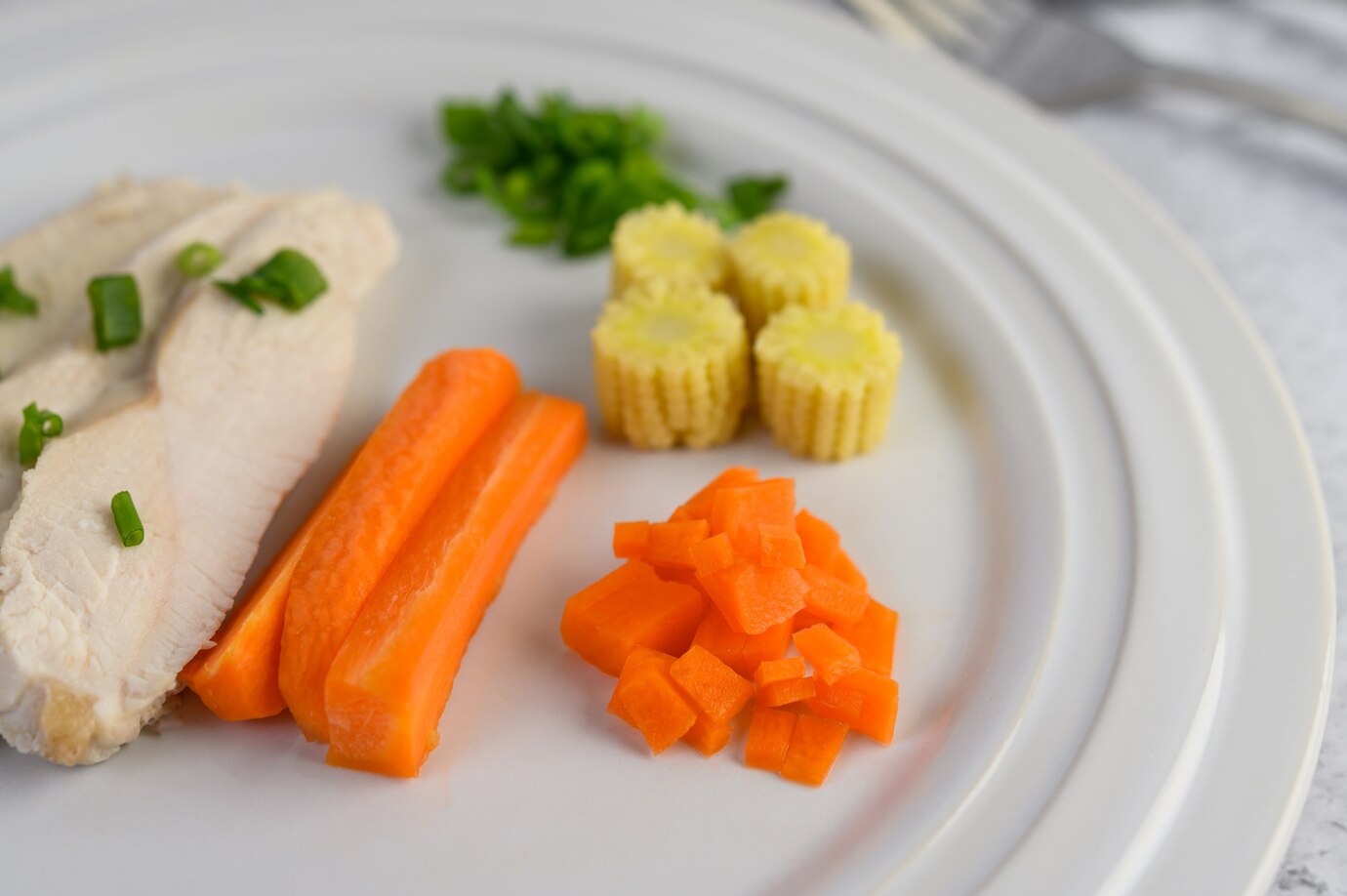
“Previous studies have demonstrated that skin carotenoid levels can be increased by consuming three times the recommended serving of fruits and vegetables every day for three weeks,” explained Mary Harper Simmons, a master’s student in nutrition science at Samford University in Alabama, in the release.
“Our findings suggest that a small, simple dietary modification — incorporating baby carrots as a snack — can significantly increase skin carotenoid accumulation,” she added.
Carrots as Top Beta-Carotene Source and Gut Health Booster

Nutritionist Ilana Muhlstein, based in Los Angeles and not involved in this study, previously told Fox News Digital, “Carrots are the No. 1 food source of beta-carotene, which is a precursor for vitamin A that’s vital for our immune system.”
Muhlstein also noted that carrots’ fiber functions as a prebiotic, supporting gut health and overall immunity.
Essential for Immune Function and Eye Health
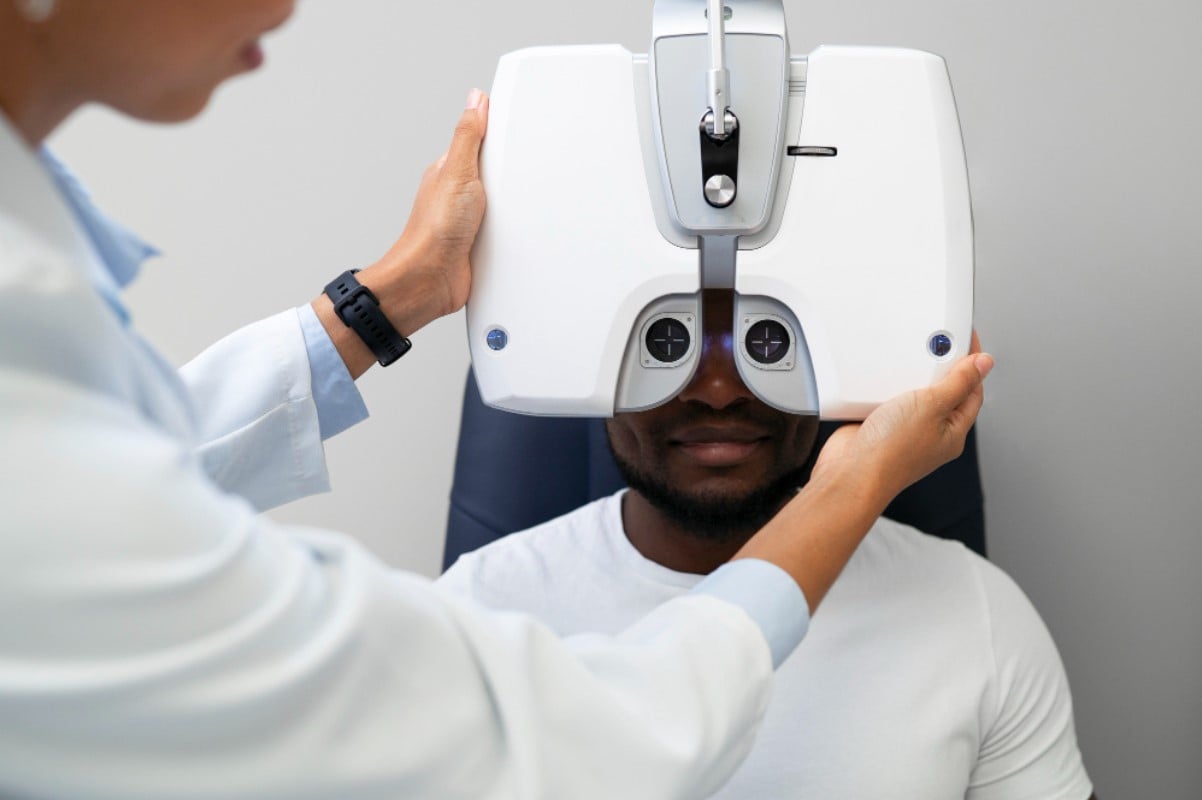
Alyssa Burnison, a registered dietitian from Sioux Falls, South Dakota, also spoke about the benefits of carrots.
She told Fox News Digital, “Carrots are commonly known for their rich sources of vitamin A and carotenoids, specifically beta-carotene,” adding that “Your body converts the beta-carotene to vitamin A, which has been known to support immune function and eye health.” Burnison was also not involved in the study.
Carotenoids in Skin

Carotenoids are the pigments responsible for the bright colors of many fruits and vegetables.
Their levels in the skin can reflect fruit and vegetable intake, as diet is the sole source of these pigments.
Reduction of Chronic Illnesses

Higher skin carotenoid levels are linked to better antioxidant protection and a reduced risk of chronic diseases like heart disease and certain cancers.
Carotenoids also indicate improved skin health and immune function.
Findings Presented

Simmons presented these study findings at Nutrition 2024, the annual meeting of the American Society for Nutrition (ASN).
The event included scientific presentations, professional development, and networking opportunities.
60 Participants Involved in Study
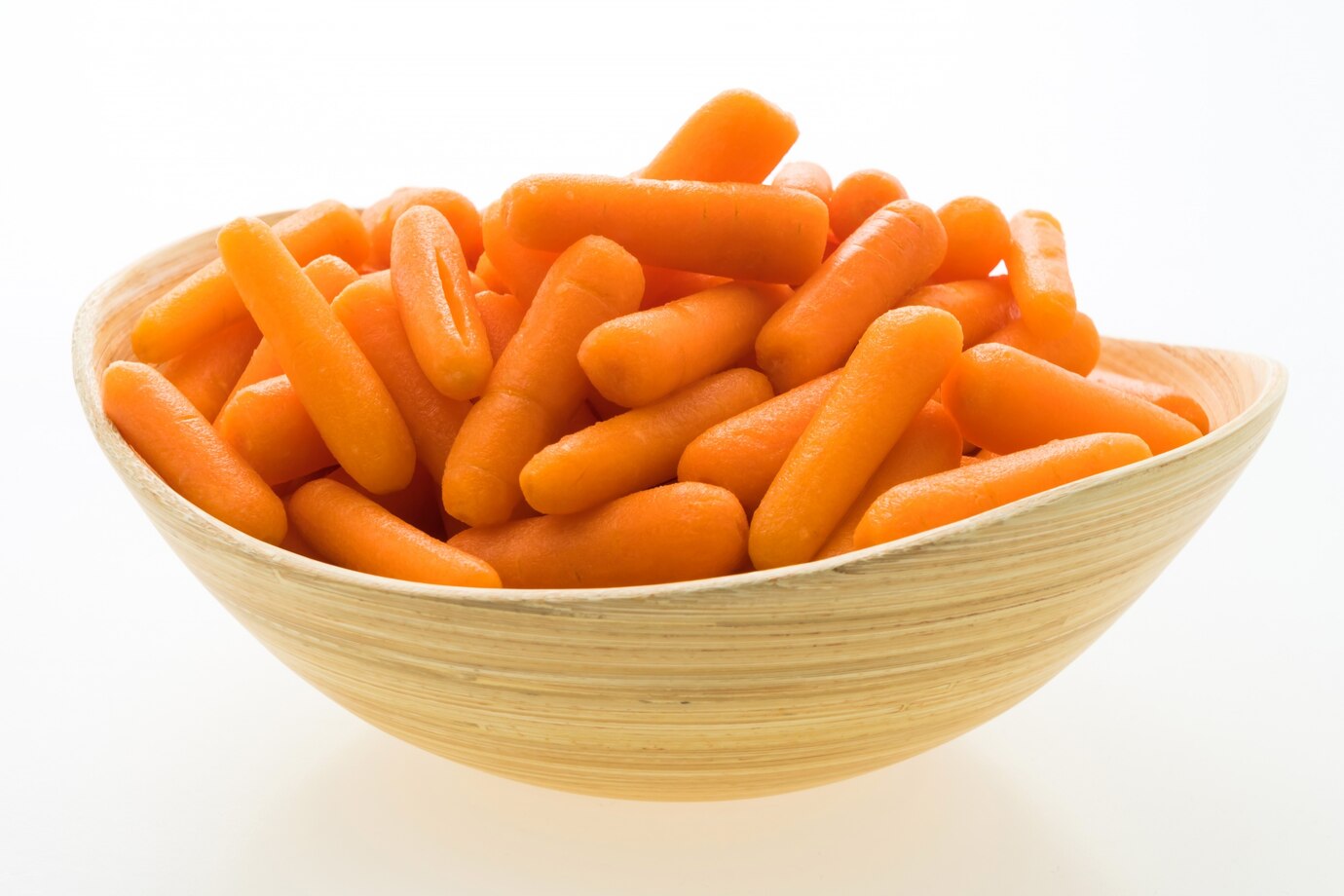
In the study, researchers randomly assigned 60 young adults to different groups.
These groups were given either a four-week intervention of Granny Smith apple slices (control), 100 grams (about half a cup) of baby carrots, a beta-carotene-containing multivitamin, or a combination of baby carrots and the supplement.
Measured with VeggieMeter
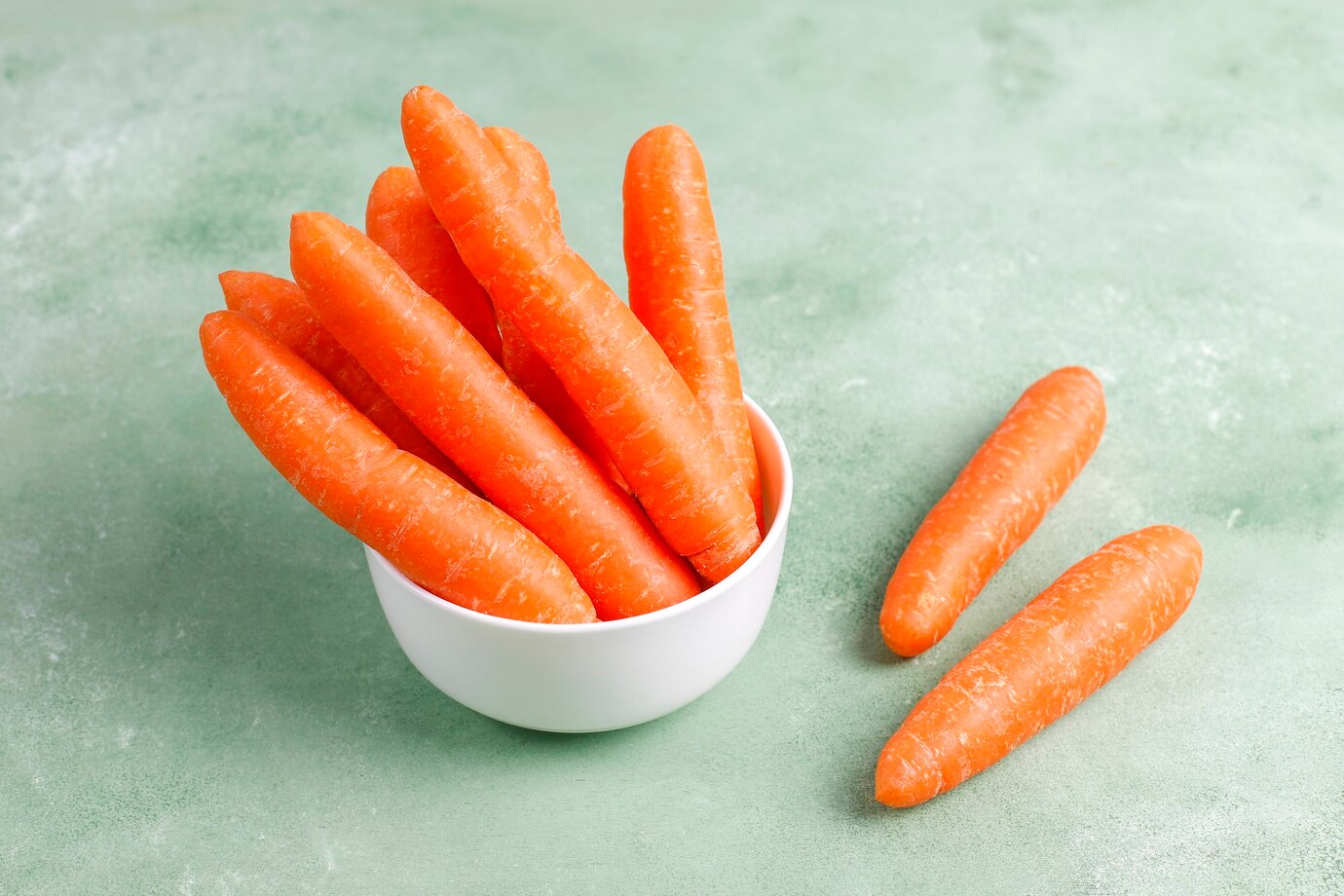
Skin carotenoids were measured using a noninvasive VeggieMeter before and after the intervention.
Results showed that skin carotenoid levels increased by 10.8% in the baby carrot group and by 21.6% in the carrot and supplement group, compared to pre-intervention levels.
No Effect from Supplement Alone
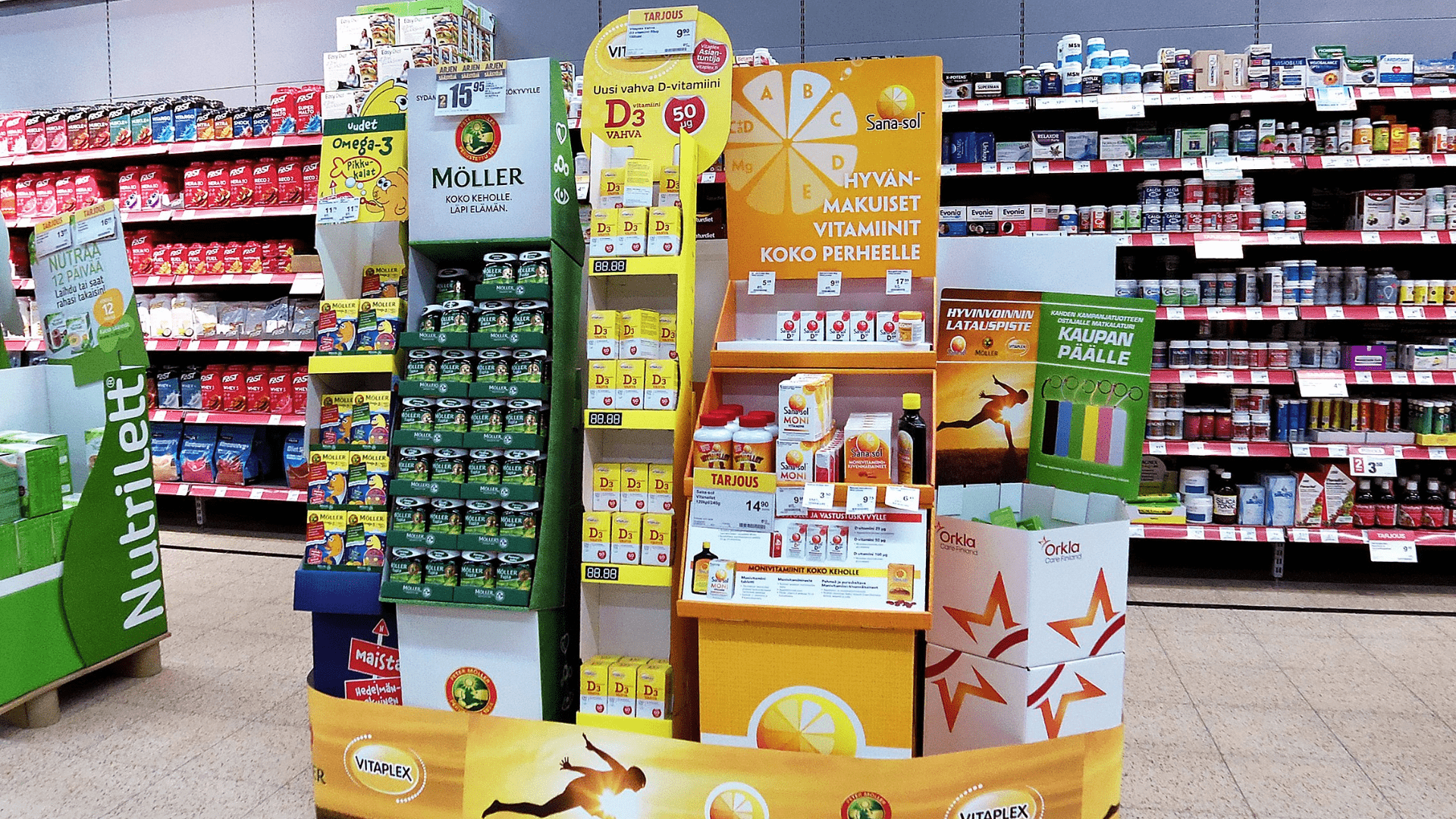
There were no changes in the control group or among those taking only the supplement.
The study noted that “since carotenoid accumulation was not increased by multivitamin supplementation alone, there could be differences in how carotenoids are absorbed, depending on whether they come from food or supplements.”
Further Research Awaits
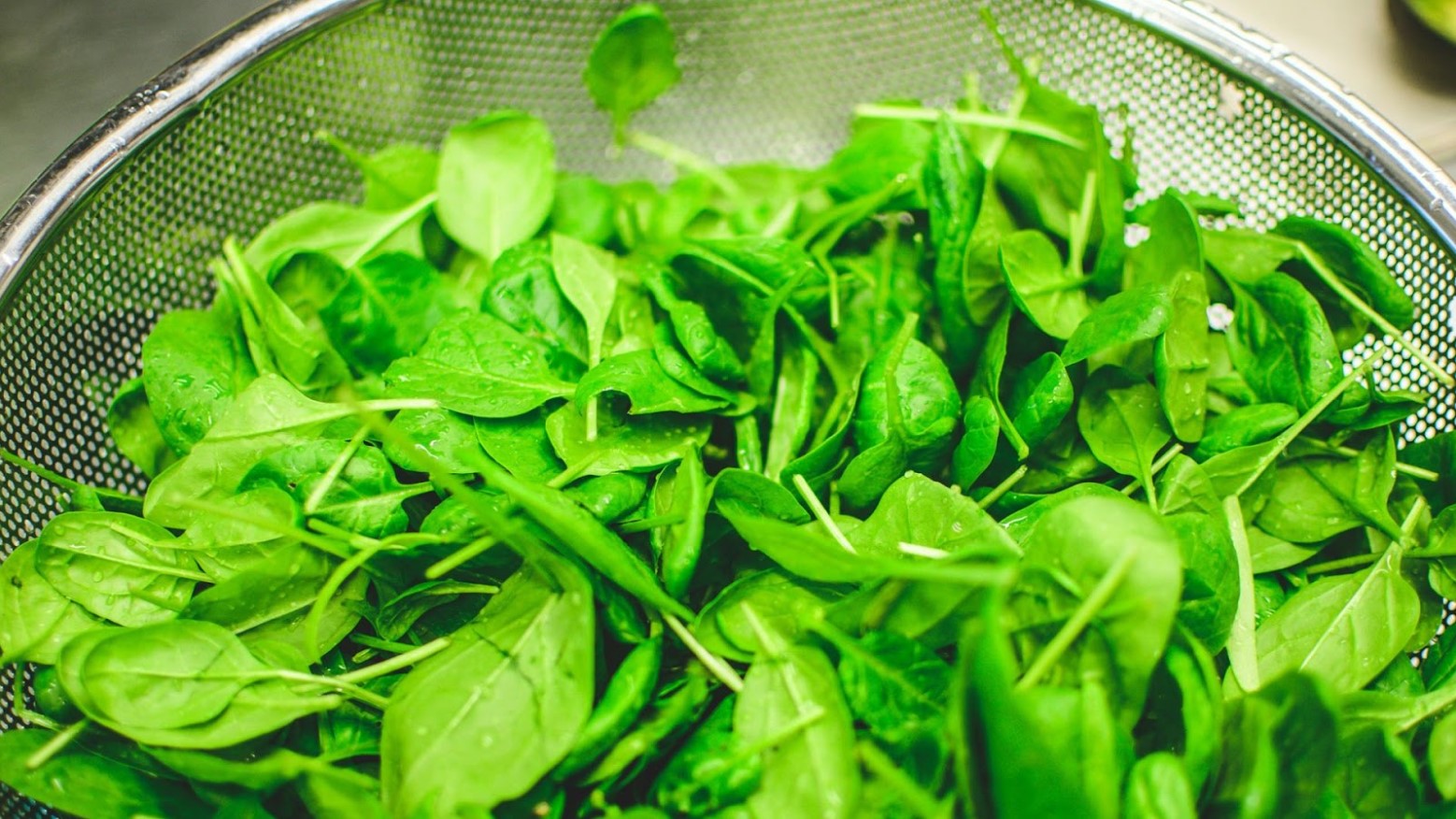
The researchers are interested in exploring the mechanisms behind these findings further.
They also plan to study the effects of other carotenoid-rich foods, such as sweet potatoes and leafy greens.








































